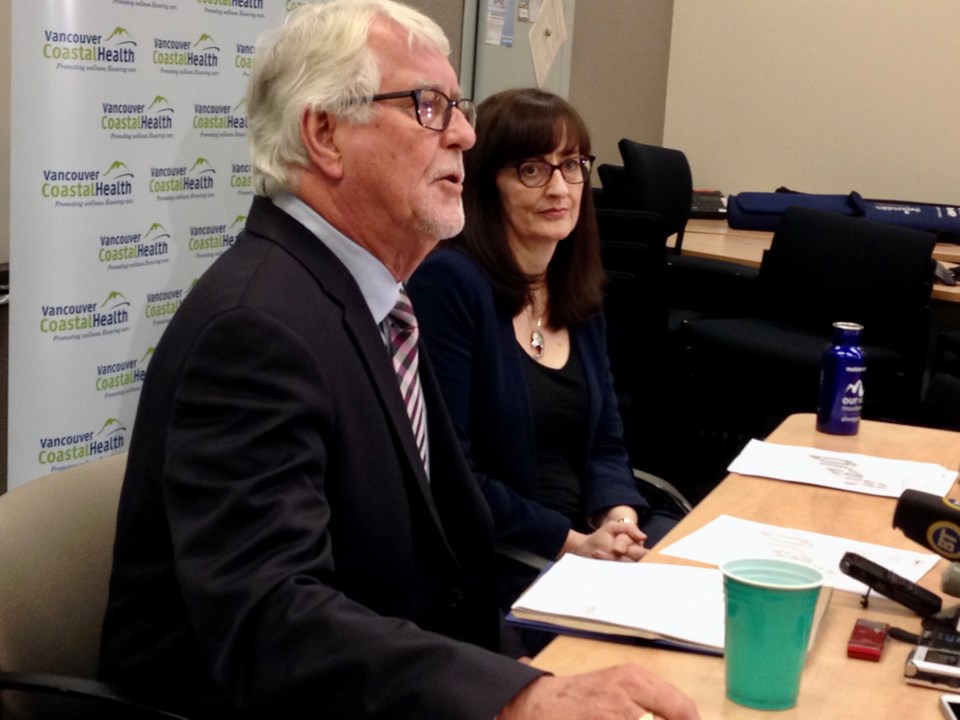A B.C. Supreme Court lawsuit filed by addiction harm reduction nurses claims B.C.’s new law barring public use of drugs is unconstitutional.
And, alleges the Harm Reduction Nurses Association’s notice of civil claim, the province is not meeting its obligations to provide overdose prevention sites as per a ministerial order.
Citing hundreds of deaths in 2023 alone due to overdoses in B.C., the suit alleges prevention sites and supervised consumption facilities are being blocked in communities due to public backlash and lack of support from local governments and regional health authorities.
A Ministry of Attorney General spokesperson said it would be inappropriate to comment on the case as it is before the courts.
The new law
The law in question is the recently passed Restricting Public Consumption of Illegal Substances Act.
That law, which received royal assent Nov. 8, is aimed at moving use of fentanyl, heroin, cocaine, methamphetamine and MDMA away from the public eye and into local overdose prevention sites. In January, B.C. decriminalized possession of 2.5 grams of hard drugs for personal use under a federally approved, three-year project.
The legislation covers playgrounds, pools, parks, beaches, sports fields, bus stops and entrances to business and residential buildings. It would empower police to direct a person to stop the drug use, order the person to move elsewhere or arrest the person and seize the substance.
The nurses’ claim said the legislative process did not allow public participation. It said multiple groups throughout B.C. had opposed the bill when it was introduced in the legislature.
“It will put the health and safety of (people who use drugs) at extreme risk, especially given a dire lack of safe, legal places to use drugs and overlapping drug and housing crises in B.C.,” the claim said.
The ministerial order
The claim said that, after the 2016 provincial health officer Perry Kendall’s declaration of drug public health emergency, then-health minister Terry Lake issued a ministerial order requiring overdose prevention services “in any place there is a need for these services.”
The claim said the severity of the overdose crisis has continuously increased since that point with the death rate hitting 7.8 British Columbians per day in April.
The suit further said that since implementation of B.C.'s decriminalization policy around small amounts of drugs, many local governments have passed or are considering passing bylaws prohibiting public drug use.
The suit said decriminalization is not about provision or drugs but, rather, about reducing users’ exposure to the criminal justice system.
What does the suit ask for?
The suit seeks a court declaration that the law is beyond the provincial government’s powers and that it infringes drug users’ constitutional rights to life, liberty and security of the person; not to be subjected to any cruel and unusual treatment or punishment and self-incrimination.
The suit also seeks an order that the ministerial order be enforced to provide overdose prevention services and for monitoring drug users at risk.


